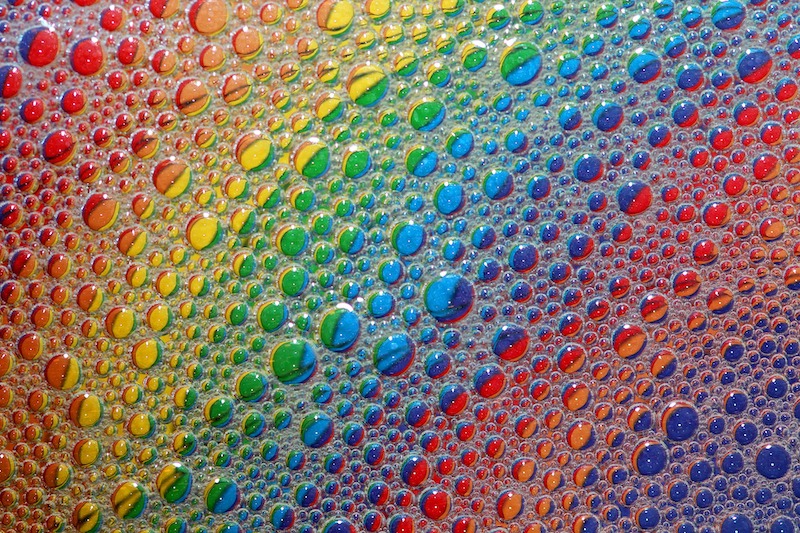Supporting Schools After Lockdown 5/7: Healing in Mutual Joy
Joy might not be the first item on the staff meeting agenda as schools reopen following the Covid-19 pandemic. But, argues Emma Connor, it can be the best medicine – for both pupils and teachers. In the fifth part of her blog series, the child psychotherapist and director of Your Space Therapies urges schools not to miss opportunities for mutual joy in the classroom, and suggests why a game of Hide and Seek should be in every teacher’s Covid-19 recovery box.

In my second blog Supporting Schools After Lockdown 2/7: Staff Mental Health I spoke about supporting teachers by encouraging them to develop their ‘good enough’ mantras. One of my personal ‘good enough’ mantras is, ‘to show a child they can light up the face of another’.
In my experience, when a child has been able to genuinely light up your face, it leaves both of you with an inerasable imprint of a memorable and significant exchange that secures for the child that they are seen and valued. The child knows and feels their impact upon you as being remarkable and magnificent and you carry with you the memory of the sparked joy.
There is no better or more satisfying way of being held in mind than knowing you bring joy to another.
Mutual joy is medicine
There is also good reason why we say “make learning fun”. We know that if a child learns something through play, they are more likely to retain the information, as mutual joy stimulates neuron pathway growth in the brain. Neurobiologically, when joy chemicals are flowing strongly in the brain, we are more able to use executive frontal lobe functioning and therefore learn, dream, imagine and communicate to the best of our abilities.
So, mutual joy really is a magical elixir, as Margot Sunderland says in Helping Children with Loss:
‘At times of intimacy-shared delightful play states… the brain’s emotion chemicals and the body’s hormones, which are released in both people, feel exquisite. When flowing strongly, it is these chemicals and hormones that make a child or adult feel warm and tender, deeply content, and that all is well in their world.’
So, how can we help schools heal from the Covid-19 pandemic with a good dose of mutual joy, to aid children in processing their emotions to the best of their ability?
Playing Hide and Seek
Winnicott said, ‘It is a joy to be hidden, but a disaster not to be found’. This is so relevant when we apply the ‘being hidden’ to being in lockdown, and the opportunity to re-find children when we work with them again. Playing Hide and Seek with objects (playing it with people can be overwhelming for some children) ticks two Covid-19 recovery boxes. First, this game is fun: we have ample opportunities to be animated, excited and demonstrate our playful nature.
This game also provides a chance for the child to experiment, within nurturing boundaries, with the experience of loss and reunions on a micro-scale. This helps them experience being lost and being found, which will echo with some of their feelings and experiences during lockdown.
Hell hath no fury like a child psychotherapist whose client is not met in joy!
This phrase may be a little extreme (it makes me chuckle, then think – see, laughter is brain medicine!) But in my work observing children in school so I can provide consultancy to their key adults, I see so many opportunities for mutual joy being missed.
By just looking out for children’s invitations for joy, and allowing this to underpin our communications, we have an easy opportunity to effect neurobiological change and repair trauma – simply by enjoying time with children and having fun!
So please, go play, have fun, share joy: it is vital? medicine for these wobbly times.
Your Space Therapies Limited offers counselling and psychotherapy for children and families, in person and online during the pandemic. For more information about their online mental health conferences, specifically designed to support children, professionals and school communities with emotional recovery from Covid-19, visit www.yourspacetherapies.org.